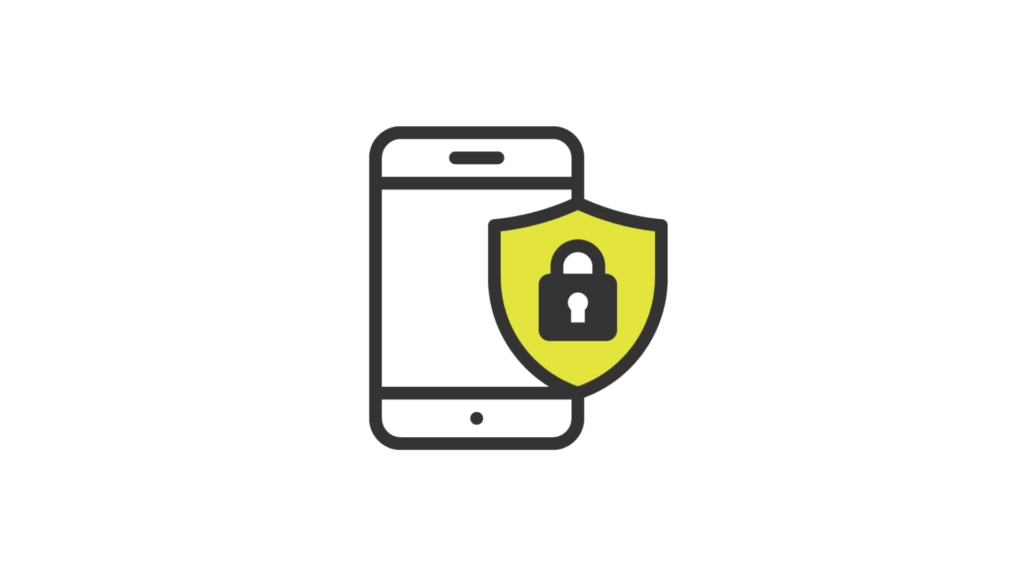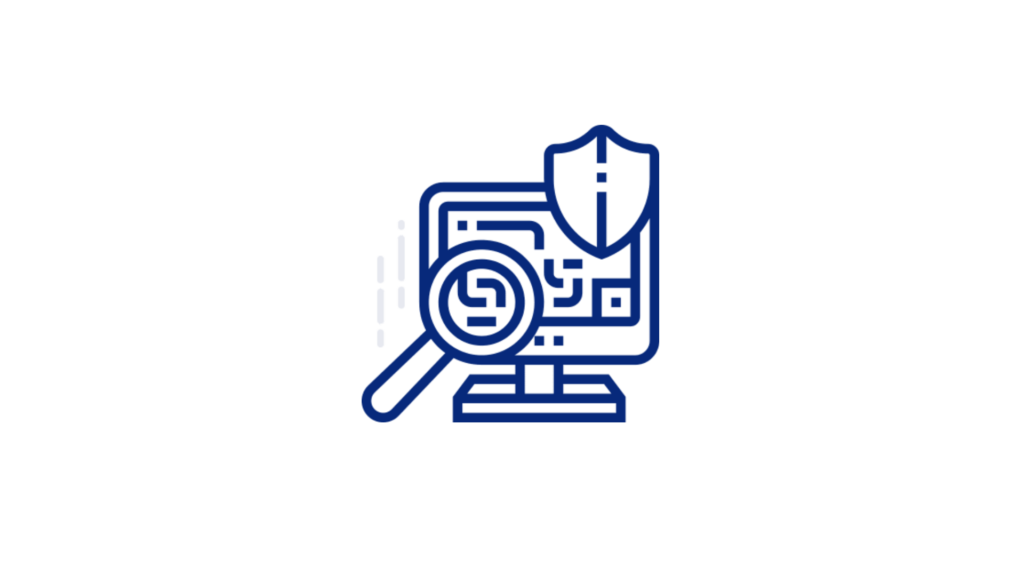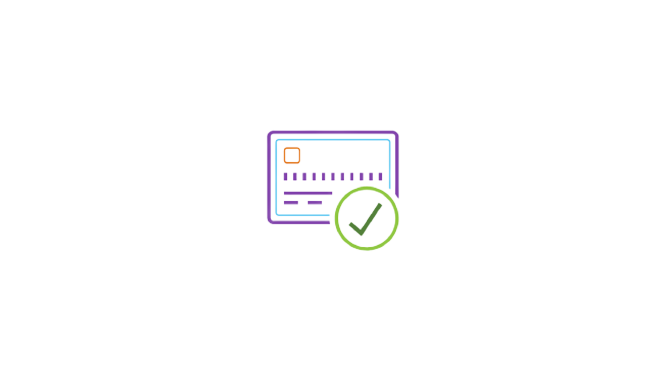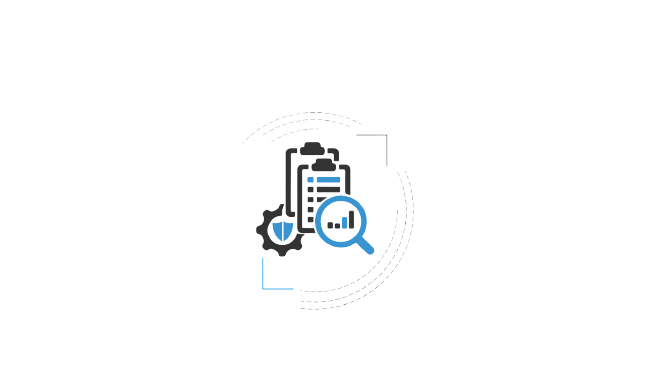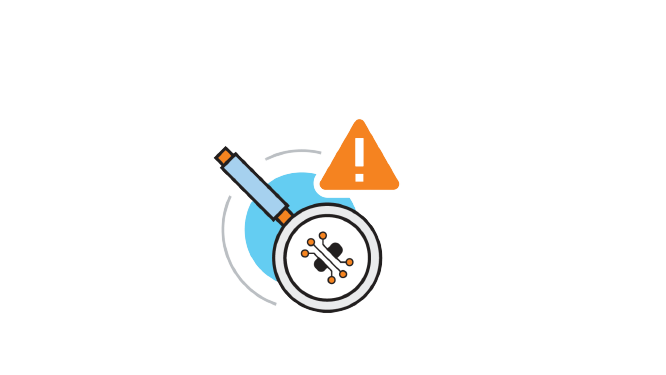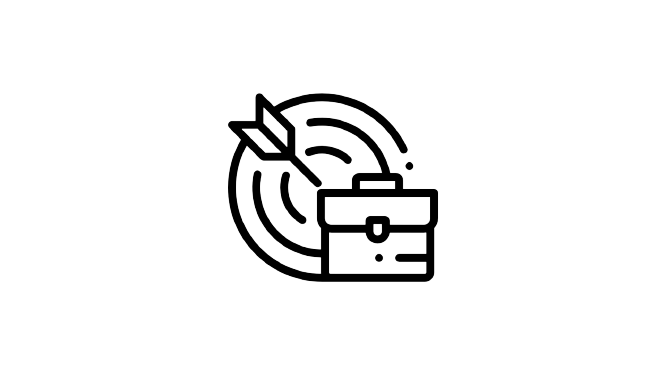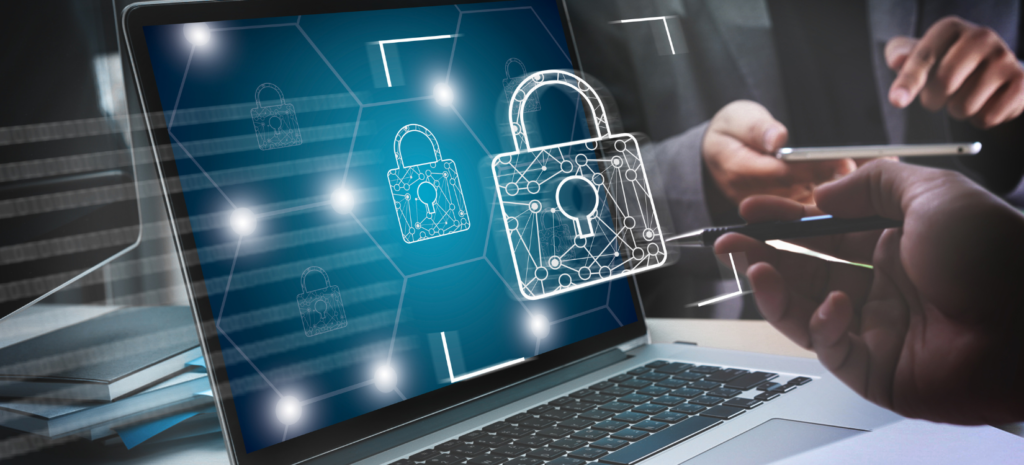In today’s interconnected world, where we rely heavily on digital platforms and online accounts, maintaining strong and secure passwords is of utmost importance. In this blog post, we will delve into the significance of secure password practices and provide practical tips to help you safeguard your sensitive information from unauthorized access.
Complexity is Key: Creating strong passwords is the first line of defense against cyber threats. Ensure your passwords are complex, combining uppercase and lowercase letters, numbers, and special characters. Avoid using easily guessable information such as birthdates, names, or common words. Opt for unique and random combinations that are difficult for attackers to crack.
Length Matters: The length of your password plays a crucial role in its strength. Aim for a minimum of 12 characters, but the longer, the better. Longer passwords are exponentially harder to crack using brute-force techniques, providing an added layer of security.
Unique Passwords for Each Account: Using the same password across multiple accounts puts you at risk. If one account is compromised, it increases the likelihood of unauthorized access to other accounts. Generate unique passwords for each online platform and service to mitigate the impact of a potential breach.
Password Managers for Convenience and Security: Managing multiple complex passwords can be challenging. Consider using a password manager tool that securely stores and autofills your login credentials. Password managers help generate strong passwords, eliminate the need to remember them all, and offer encryption to protect your data.
Two-Factor Authentication (2FA): Implementing two-factor authentication adds an extra layer of security to your accounts. By requiring an additional verification step, such as a code sent to your mobile device, even if an attacker manages to obtain your password, they won’t be able to access your account without the second factor.
Regular Password Updates: Periodically changing your passwords is a good practice to minimize the impact of any potential data breaches. Set a reminder to update your passwords every three to six months, or immediately if you suspect any compromise.
Beware of Phishing Attacks: Phishing attacks attempt to trick you into revealing your login credentials. Exercise caution when clicking on suspicious links or providing sensitive information through email or unfamiliar websites. Be vigilant and verify the authenticity of the sources before sharing any personal or login details.
Educate and Encourage Others: Spread awareness about secure password practices among your family, friends, and colleagues. Encourage them to adopt strong password habits and share the importance of protecting their digital identities.
Conclusion: Secure password practices are vital for maintaining the privacy and security of your digital accounts. By creating complex and unique passwords, utilizing password managers, implementing two-factor authentication, and staying vigilant against phishing attempts, you can significantly reduce the risk of unauthorized access and protect your sensitive information in the digital age. Take the necessary steps to fortify your passwords and safeguard your online presence. Remember, a strong password is a powerful defense against cyber threats.


